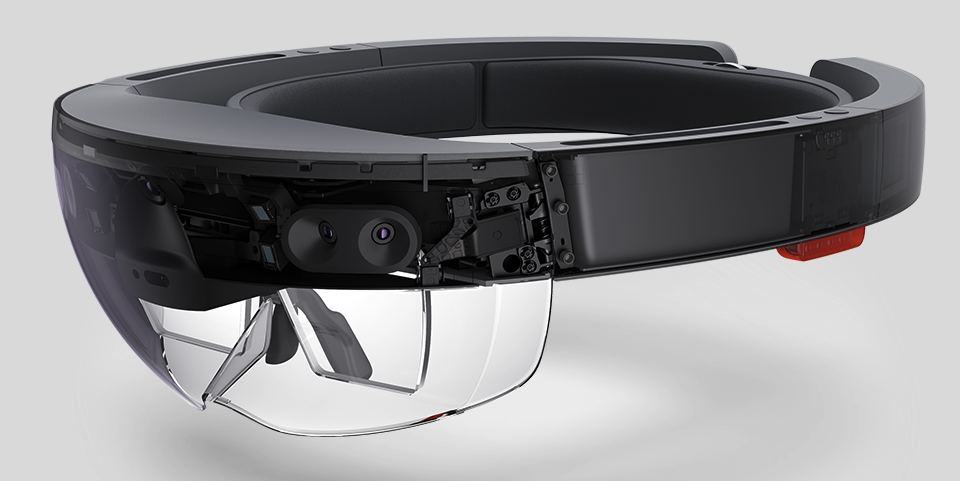It’s technology silly season at the moment with CES (the Consumer Electronics Show) 2017 in full swing. This is where tech companies come to show off their latest gadgets, and all the world’s tech journalists gather to salivate, and write up the easiest stories of the year (I can’t imagine it’s the toughest gig they do).
Amongst the many gadgets on show, Microsoft gained some press coverage for a patent that will allow Hololens users to never lose their keys again – see Yahoo Tech report here and another report here. I don’t think this technology will work, but I think it’s great news that it’s getting this coverage.
Let me explain.
Technology news over the next few years is going to be dominated by practical applications of the Internet of Things. As we move rapidly to connecting our world to the Internet, we’ll find all sorts of useful applications. For nearly two decades we’ve been promised fridges we can talk to and ones that will restock themselves, for example. This has become the icon of the IoT @ Home. But at TomorrowToday Global we believe that we’ll start to feel the real benefits of these technologies in more mundane ways. Technology is always at its best when it provides simple solutions for everyday problems, often problems for which we did not even think there was a solution. Finding our keys is just one such problem. The last major innovation in this space was a key rack (not very high tech, but effective nonetheless). The IoT provides a number of new potential solutions.
On this specific patent that MS has filed, I doubt this will work. It requires the user to be wearing the Hololens almost permanently, and certainly to be using it when they return home. This is highly unlikely in the short term (people are not going to wear these headsets 24/7). More effective would be a chip in the keys that could be located using Beacon technology (Apple and Cisco are both working on technology that can locate objects to high degrees of precision – inch perfect). We already have this technology built into iPhones, using the iFind app. We just need to put those locator chips into any other object that we wish to locate on a regular basis.
Having said that, I like what Microsoft is doing here. It proves that their Hololens team is maturing quickly, moving beyond the immediate applications (entertainment and communication) of virtual and augmented reality technology, to look for real-life applications. The more mundane the better. This might seem counterintuitive – that I get excited about the lowest tech uses of some of the highest tech gadgets – but this proves that these technologies are becoming increasingly useful in everyday life. And it’s only when that happens that they gain widespread acceptance and universal usage. I’m a massive fan of VR and AR, and believe that 20 years from now we’ll be spending the majority of our waking hours immersed in these technologies. Microsoft’s “find my keys” use of AR is just the beginning of a very exciting journey into the future, even if it is a faltering baby step it is a step in the right direction.



